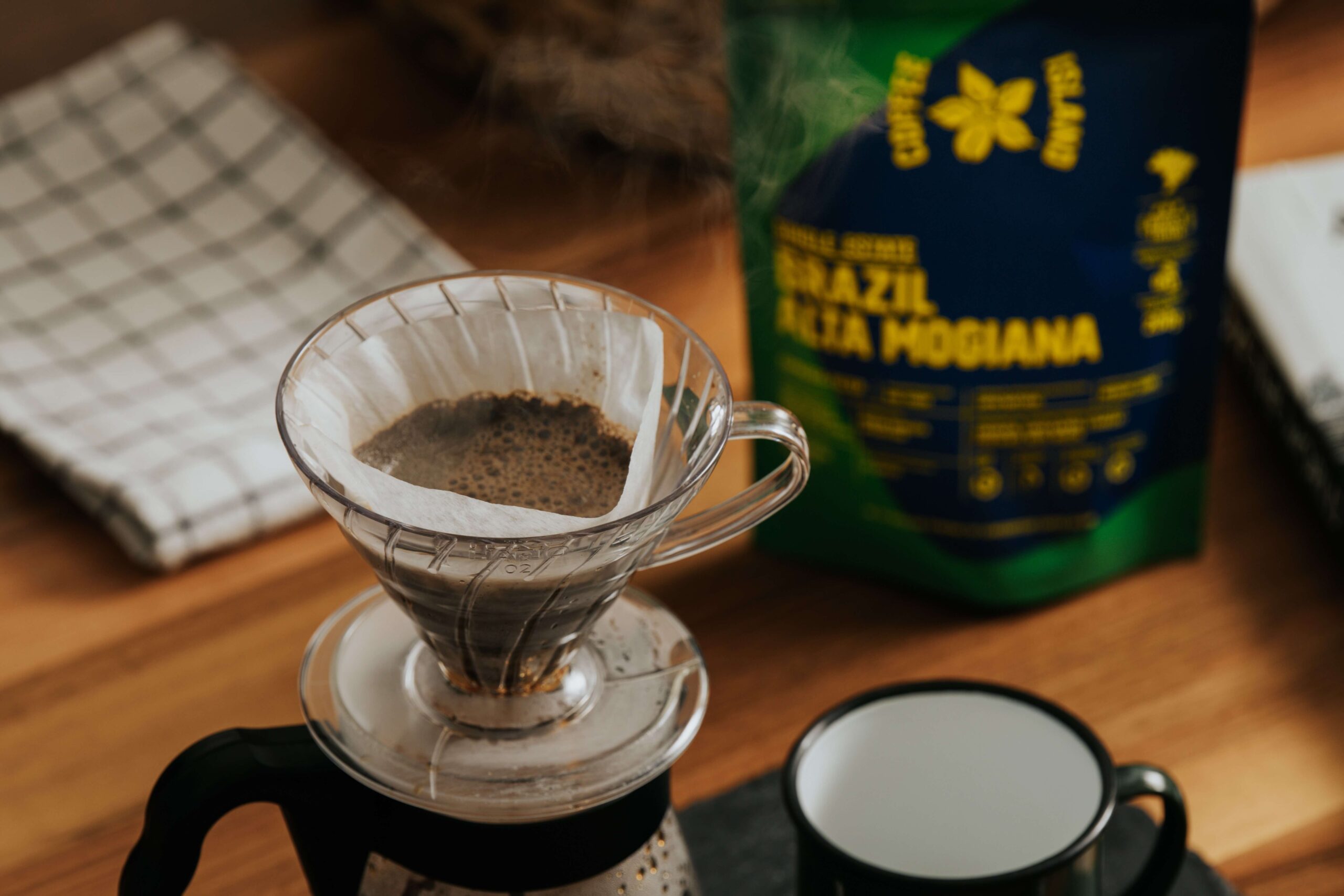A lot has been written and a lot more has been said about coffee and its most know ingredient, caffeine. More and more people are claiming to be experts and have their own opinions on the destructive or positive effects of coffee.
In this article we will try to put order to all this, based on published articles and studies from the best know Medical schools of the world. We will begin with a study published in 2012.
Research from the school of Public Health of the University of Harvard, 130.000 people where part of an experiment that took 18 to 24 years to complete, that shows that the consumption of coffee has no negative effect to the health of humans. The research results are that there is no negative effect for people who consume up to 6 cups of coffee a day (1 cup=240ml=100mg caffeine).
On the contrary, a number of research results in the last years indicate that the consumption of coffee can protect from type II diabetes, liver cancer and liver cirrhosis. Another Harvard research regarding coffee and mortality, has shown that whoever consumes coffee systematically had a reduced chance of dying of cardiovascular diseases.
Coffee is filled with antioxidants that are components necessary for having good health.
So let us see what else coffee can help us with:
- Raises energy levels and makes us smarter. Caffeine acts in such a wat that it improves energy levels, reaction time and general cognitive function.
- Caffeine can improve athletic performance.
- Coffee is filled with nutrients. Every cup contains Vitamin B2, Vitamin B5, Magnesium, Potassium, Manganese and Nicotinic Acid, all of which are necessary for the organism.
- Caffeine reduces the risk of Parkinson’s disease. In many researches it is shown that the risk is reduced by 32-60 %.
- Coffee fights against depression. In a Harvard research in 2011, women who consumed 4 or more cups a day had a 53% reduced chance of suicide.
- Coffee is the greatest source of antioxidants in Western dietary habits. Studies show that most people take ore antioxidants from coffee than fruit and vegetables.
This certainly does not mean that we should “drink coffee to be healthier, even if we don’t enjoy it”, but that all the results we have shown that coffee is one of the good, healthy drinks that we can chose to make part of our lives.
An unknown trait of coffee is that in its oil there is a substance called cafesterol that causes the secretion of LDL cholesterol. So for populations with high cholesterol it is better to consume filtered coffee (that filters this substance) rather than roasted coffee (Greek coffee).
Despite all this, coffee, along with other small pleasure is the most affordable luxury. And it will be so for a long time to come. And it is as such that we must see it. Coffee deserves to have high quality and strict regulations. It should be made by companies that respect the people who produce it rather than exploit them. It should be farmed in ways that protect the environment and do not destroy it. It should be roasted with artistry and knowledge and be as fresh as can be. The people who serve it need to be adequately and continuously trained, read and have technical knowledge and abilities. All this should also be reflected in its cost.
Panagiotis Konstantinopoulos
Authorized Scae Trainer – Coffee Diploma Awarded – Research & Development in Coffee Island

























